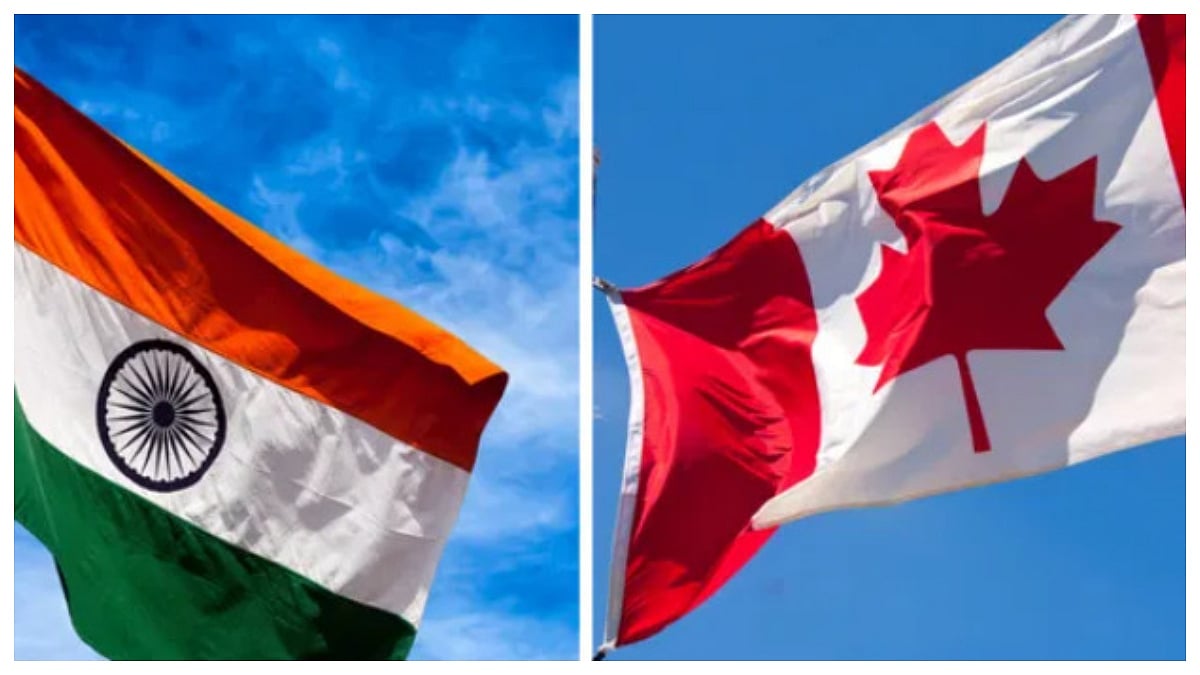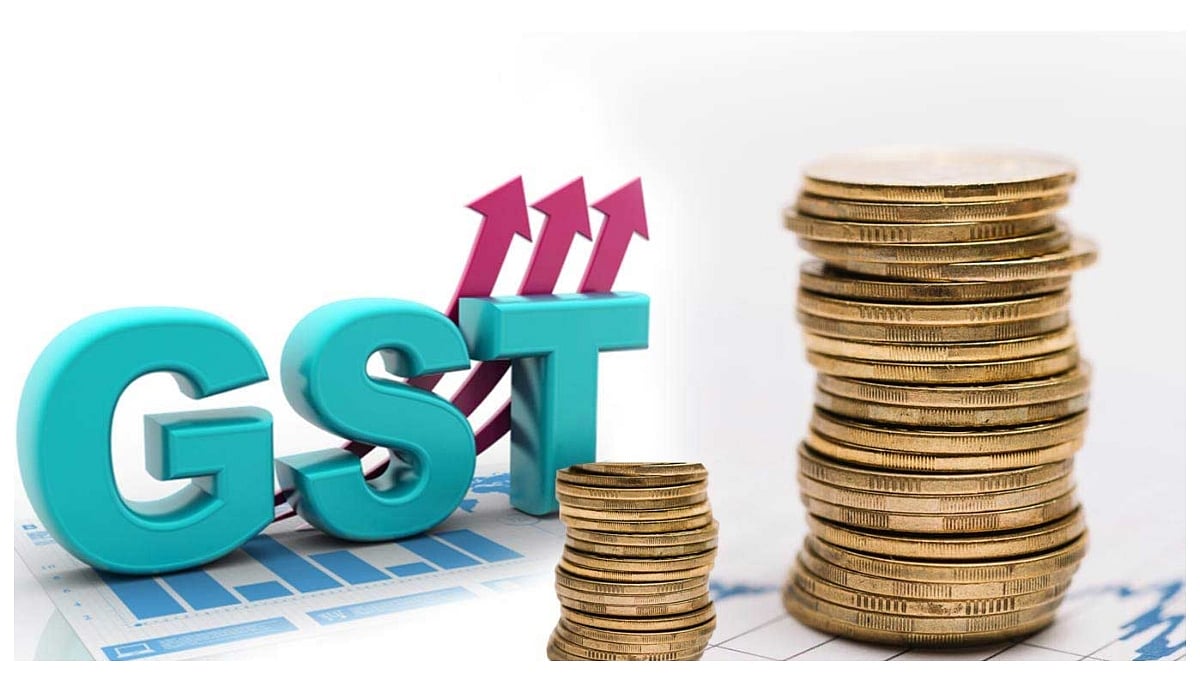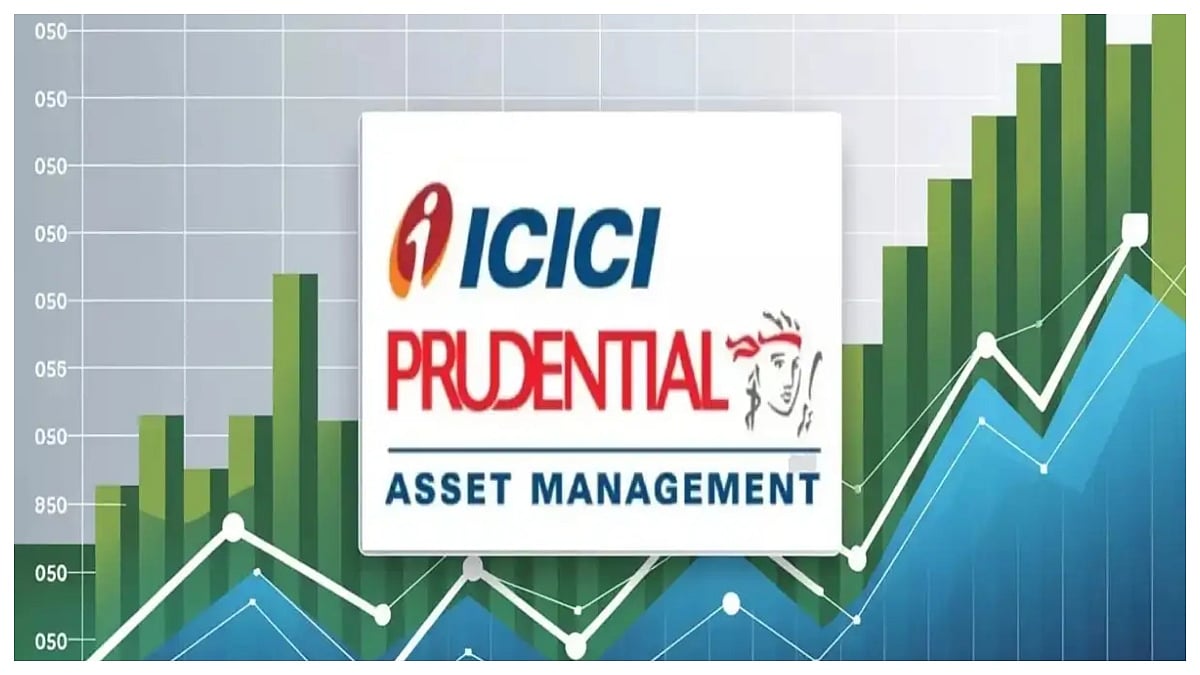Fastest in 80 Years
The World Bank expects the global economy to expand by 5.6% in CY21. It would be the fastest pace post-recession in 80 years.
The rebound would be largely on the back of a resurgence in the top few major economies. At the same time, the global output could remain below pre-pandemic levels by the end of this year, as per the report.
Sharing its perspective on the emerging markets, the World Bank believes that they would continue to struggle. And, it fears a rise in poverty and inequality under the impact of COVID-19.
The entire globe is putting through a coordinated response to overcome the pandemic. However, the developed countries are expected to recover faster. The US is expected to lead the growth with a projected growth rate of 6.8%.
Talking about India, the second COVID-19 wave has slowed down its recovery prospects. And, most of the international agencies have reduced their growth forecast from double-digit to low-single-digit for FY22.

Dragon's Efforts To Tame the Inflation
As global economies are recovering, the rising cost of commodities has emerged as a major concern. Countries across the world are attempting to keep the commodity prices down to keep the production costs in control.
China is at the forefront of these efforts. The country has taken several measures to keep the cost of production down. It has reduced export rebates on steel to improve domestic supply and keep the prices down. Same efforts are made to stop coal prices from rising.
China is the world's factory and biggest exporter. By that logic, if China manages to curb inflation, it will reduce the final cost of production for the majority of items traded in the global market. It, in turn, will help the entire globe to keep inflation in check.
Why Is Credit Growth Down?
The credit growth in India continues to languish at the bottom as it hit a low of 5.56% in fiscal 2020-21. It has been in a similar range mainly on account of risk aversion from bankers in times of uncertainty.
Bank credit growth had been declining in India as banks were turning increasingly wary of the growing non-performing assets. The slowdown in the economy was also a major reason for falling credit demand pre-pandemic.
The pandemic has also introduced a trend of corporate deleveraging that has also been observed post-pandemic, contributing majorly to the lack of credit demand. Besides, the corporates are also switching to bond markets to gain from the lower yields. These numbers are not reflecting in the overall credit growth.









